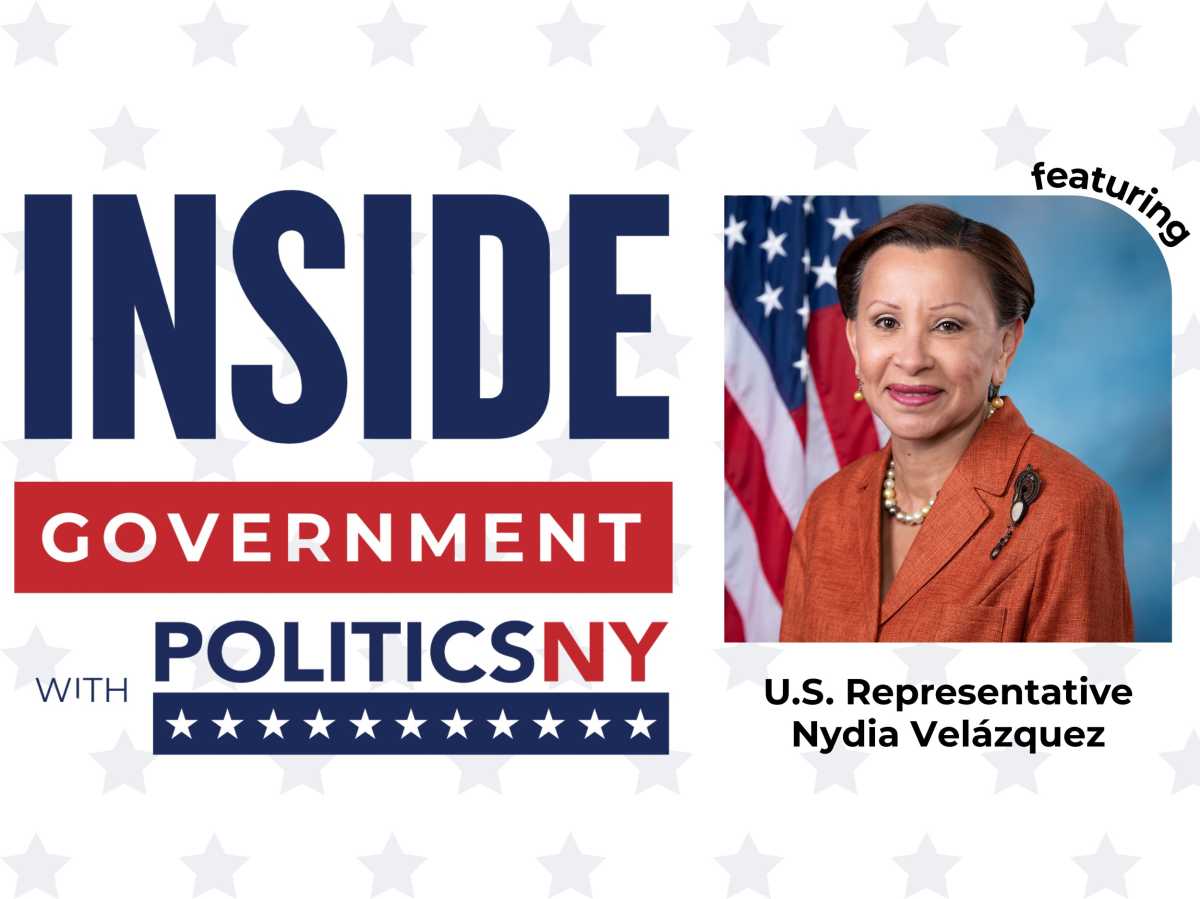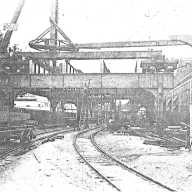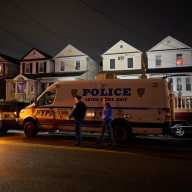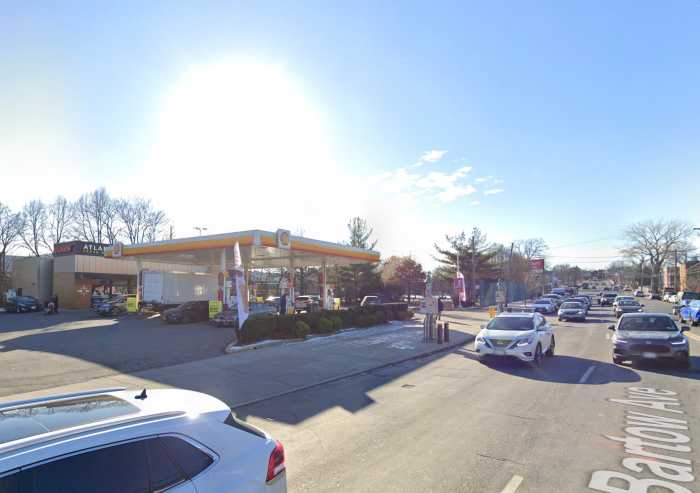After four years of dragging their feet, the New York State Board of Elections must take a baby step by April 10 — hand over their plan of compliance to the Department of Justice (DOJ) — or else face more consequences from the federal government for non-compliance with voting machine regulations instituted in 2002.
In a U.S. District Court ruling on March 23 - which denied independent groups the right to intervene in the voting machine replacement – Judge Gary Sharpe called for the Board of Elections to submit their plan, then allowing the DOJ 10 days to respond.
“The work is ongoing, and the legal team is responding to the justice team appropriately,” said Bob Brennan, a spokesperson from the New York State Board of Elections.
During the proceedings, the DOJ admitted that they will not force the State to implement all necessary changes this year, which will allow areas in New York to forgo making the switch to machines called for by the Help American Vote Act (HAVA).
New York State is the last state to institute the HAVA, which requires outdated voting machines to be replaced, ensures voting access to disabled Americans, and calls for a statewide voter registration database to be created. Last month the federal government filed suit against the State for its non-compliance.
Independent groups, including the New Yorkers for Verified Voting and the League of Women Voters of New York, have slammed the State for the slow pace at which it has tried to implement the 2002 law, but many hope that the State will not buy new machines, which might need to be replaced soon afterward.
Several independent groups are pushing for optical scanning machines, which leave a paper trail, over Direct Recording Electronic (DRE) machines, which record the vote into a computer without a paper copy.
“We’ve waited this long; why not get scanning on board? Everyone will be comfortable with it, and the money we save, we can spend it on training for election workers,” said Senator John Sabini, who introduced a bill to require the State to scan paper ballots so that the original documents are kept in tact in the event of a recount. The bill was sent in January to the Elections Committee, where it remains.
The scanning technology is touted as cheaper - $100 million less than DRE machines statewide - easier to use and repair, and safer than the DRE machines, which critics say are vulnerable to hackers.
Brennan said that the Board of Elections will consider both the optical scanners as well as the DRE machines.
“We still are in the process of adopting rules and regulations that will be used to test new machines,” he said of the process, which he had hoped would conclude in March.
Even if new machines are not installed by the September elections, advocates like Courtenay Strickland Bhatia, CEO of Verified Voting, hope that disability access will be properly ensured by this fall.






























